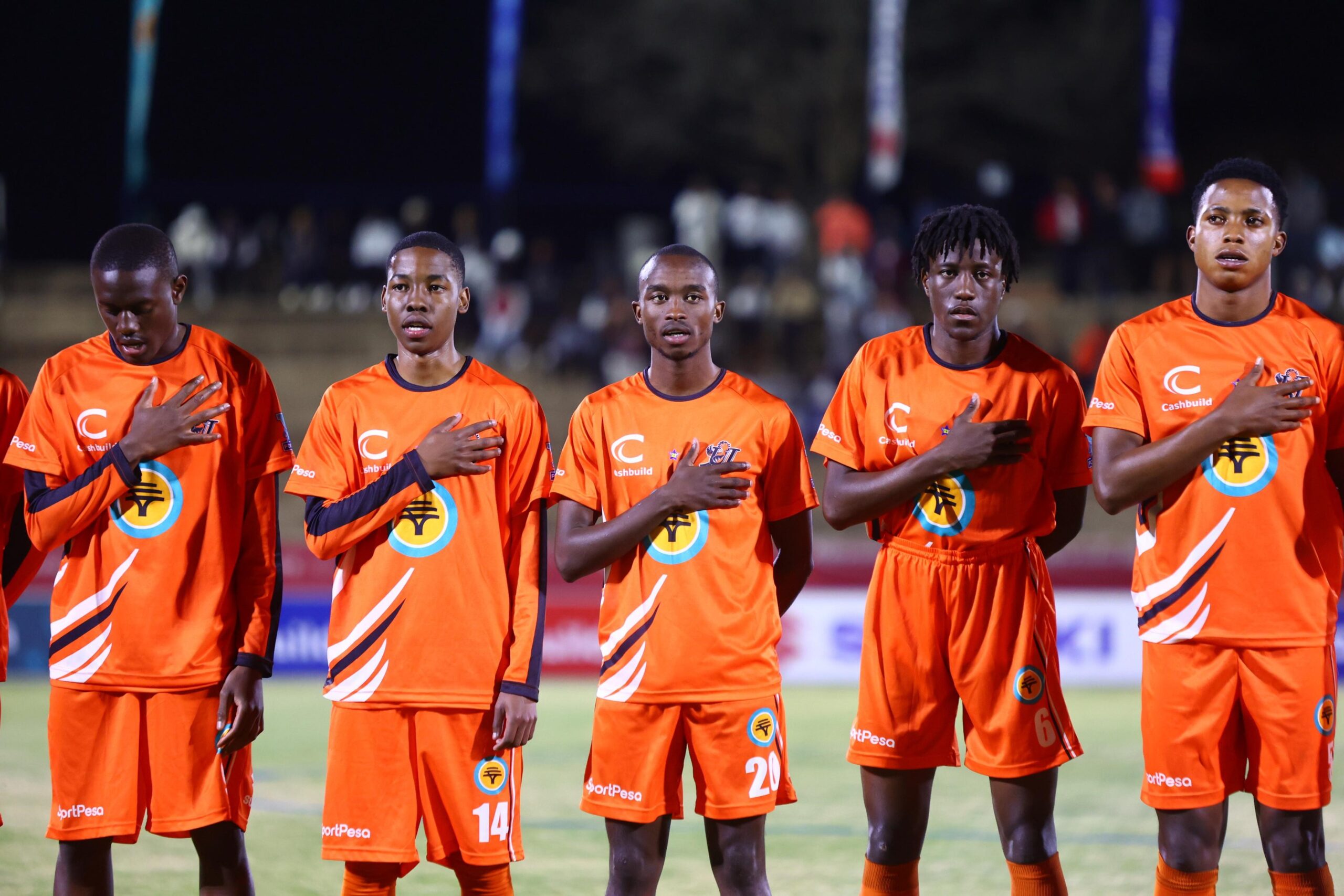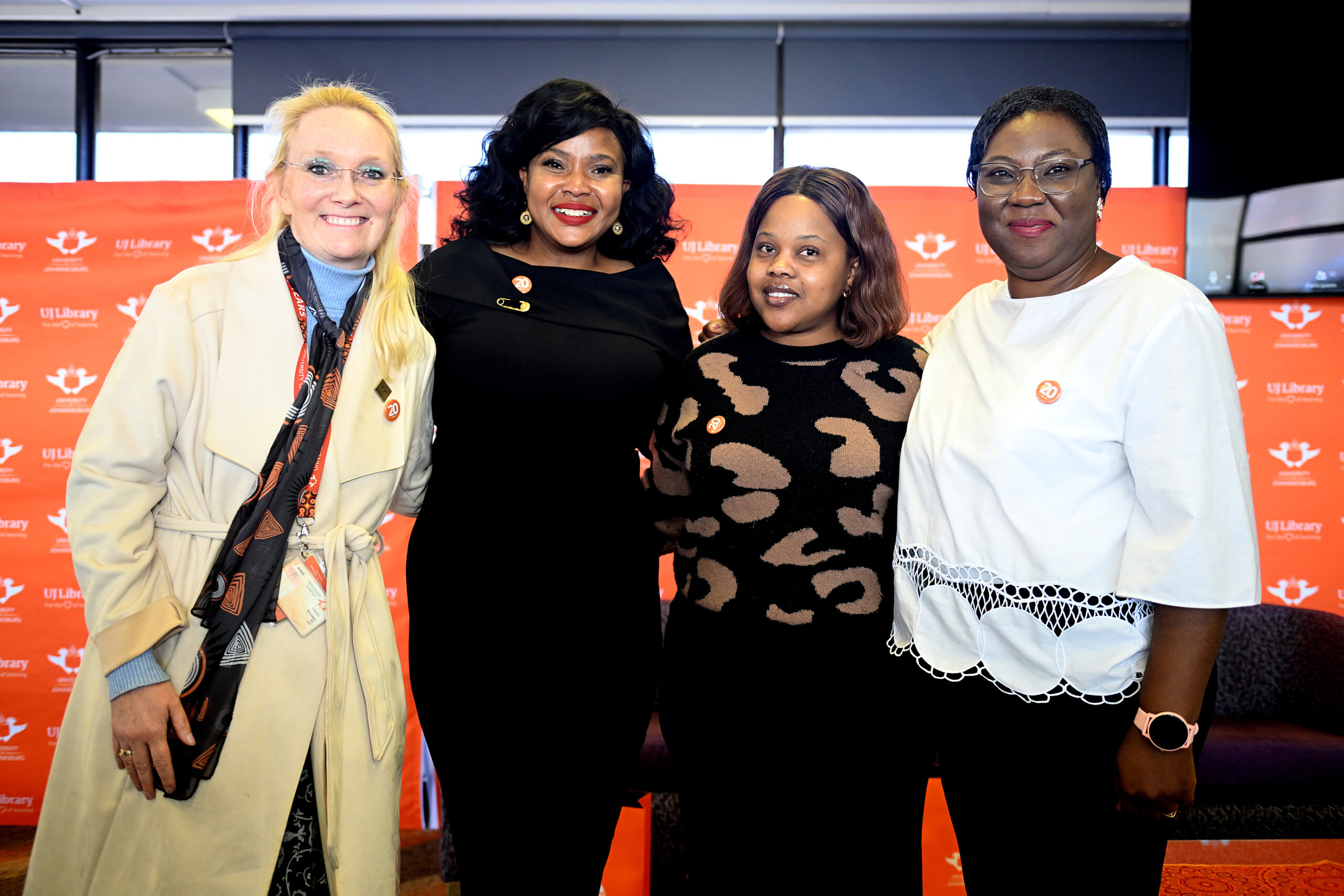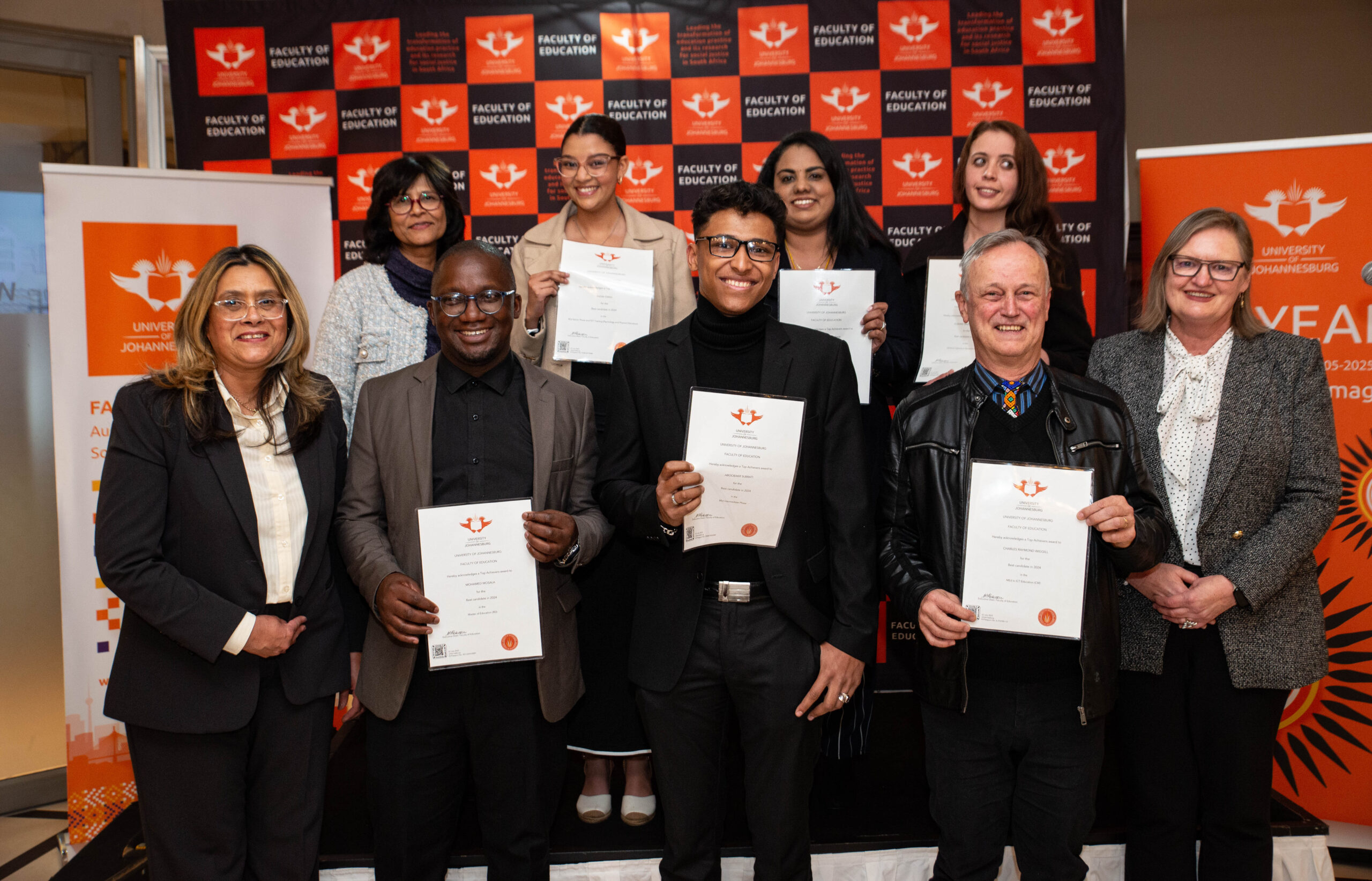South Africa’s asylum and refugee system is under pressure. In recent years, South Africa has become one of the top ten refugee-receiving nations, mostly from elsewhere in Africa. However, quite unusually in the global south, it conducts individual refugee status determination, resulting in more than 90% refusals.
The South African Institute for Advanced Constitutional, Public, Human Rights, and International Law (SAIFAC) at the University of Johannesburg (UJ), on Tuesday 20 February 2019, held the launch of the Africa Forum summit at Constitution Hill to explore if South Africans were welcoming to refugees as stipulated in the 2017 White Paper.
The newly launched Africa Forum has warned that South Africans are still oppressing asylum seekers and refugees and that the white paper system itself is slow and inefficient. Worsening levels of xenophobic violence and other forms of intolerance towards foreign nationals has been further aggravated.
During the occasion, SAIFAC argued that what is written in the 2017 White Paper on International Migration is not the reality that asylum seekers are experiencing. It promises better living and working systems – instead there is a notion of discrimination and segregation.
The first speaker Dr Fatima Khan, the Director of the Refugee Rights Unit, said: “They want us to view refugees as people- we as South Africans should fear just because they do not have legal documents that permits them to be in the country.
“My argument is that for example in the Musina asylum office, out of the 20,000 people that applied, not even one of them were granted asylum.”
“The system is slow and unjust and once you are caught in SA without the legal document you get arrested. South Africans are not welcoming to foreign nationals. The government and the people are very hostile towards foreign nationals,” said Dr Khan.
SAIFAC suggested solutions on how South Africans as the host could have less pressure when it came to dealing with foreign nationals that would be able to be self-reliant and that was through a new program called the “Global Impact”.
“South Africa needs financial helping hands globally so that that funding can be used in order to have proper health care systems, education opportunities, and other important basic needs,” Dr Khan added.
However, Prof. Loren Landau, the Director of the African Center for Migration and Society, had a different view.
“I will speak from a social science point of view and not from a legal one and I will counter argue what Dr Khan has said about South Africans not welcoming refugees that seek asylum,” said Landau.
“We are more welcoming than any other country in the world. The challenge is the socioeconomic issue that we are facing of unemployment and poverty.
“If you look at the stats, refugees are doing way better than the South Africans. They have better jobs, health care, and they can afford the best houses.”
“Yes the asylum system is not well-structured and they are denied access to certain things and are harassed by the police if they are found without the legal documentation, however, I think that maybe we are asking the wrong question when we ask if South Africans are welcoming or not,” said Landau.
The one-day summit, organised with the support of the Konrad Adenauer Stiftung, agreed to lobby government on the matter and to consider implementing the “global impact”.



